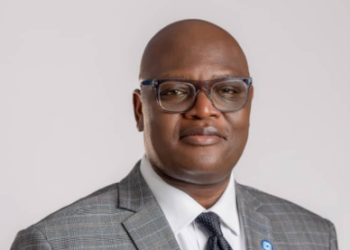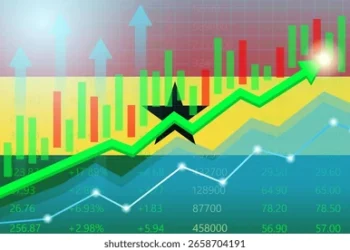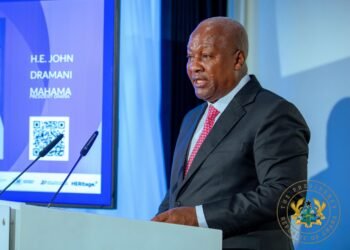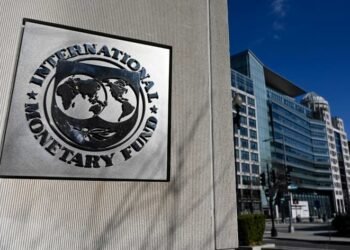Dr. Camara Kwasi Obeng, an Economist and Senior Lecturer at the Department of Economic Studies of the School of Economics, UCC has called on the government to cut down on its expenditure and avoid reconstituting a gargantuan government size in its second term, so as to give it enough space to effect a robust recovery post-COVID-19.
He said this in reaction to a statement made by the President elect, H.E. Nana Addo Dankwa Akuffo-Addo in his victory speech that: the immediate task of his second term is to regain Ghana’s reputation as the fastest growing-economy in the world by reversing the effect COVID-19 has had on the economy and lives.

Speaking in an interview with the Vaultz News, Dr. Camara Obeng outlined an array of options that the government could adopt to effect this reversal, including the reduction of government expenditure, raising adequate revenue, clamping down on corruption and lastly, borrowing.
Along the option of a reduced government expenditure, Dr. Camara Obeng registered his disapproval for an elephant-sized government to manage the affairs of the country.
H.E. President Nana Akuffo-Addo, in his first term of office, appointed 110 ministers to run the affairs of the country. Then, the president justified such a huge cost to be borne by the country as “…a necessary investment to make for the rapid transformation of this country,” he said and added that ministers “are coming to work, it is not going to be a holiday.”
However, according to Dr. Camara Obeng, it turns out that such an investment has been wasteful on the part of the government and the more reason why the government must reduce its size going forward.
“…over 100 ministers for one year is a lot of money that we have thrown away, most of them are not doing anything.” He added that these many ministries that were created are duplicative and clogged with so many inefficiencies at worst.
“…I pray that government will start from within itself. Government has too many presidential staffers, government pays a lot of money to people, most of whom are not doing anything.”
Regards the option to increase revenue mobilization, he indicated that this is very necessary, although the government has for a long time not been able to meet its revenue target.
“We need to generate a lot of revenue so that we cut down on borrowing,” he added.
However, he stated that the country’s large informal sector which is broadly untaxed still remains a big hurdle for the country in the coming years, although he acknowledged that the government has made some progress with digitalization en route.
Furthermore, he suggested that the government must leverage on already established tax systems to improve tax collection.
“The Ghana Revenue Authority will have to begin to make tax paying attractive. I understand they are using technology, but it should be possible for somebody to pay his taxes using mobile phone, like we are using with buying airtime for our phones.”
In Ghana, only 2 out of 70 percent of people in the informal sector pay their taxes. More so, about 80-90 percent are employed in the informal sector where most do not deem it important to honour their tax obligations.
These notwithstanding, he asserted that there is no magic bullet to ensure a recovery in the coming years and that government will require a combination of these actions in order for a possible recovery.























